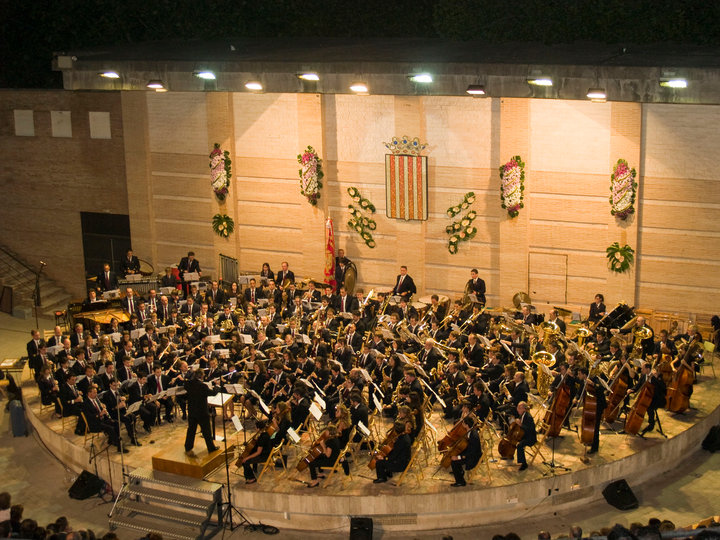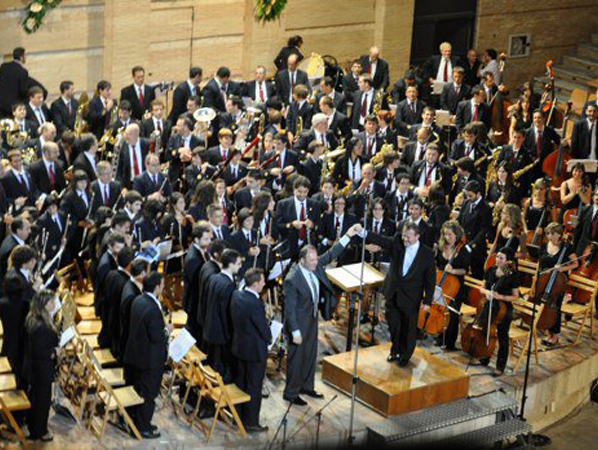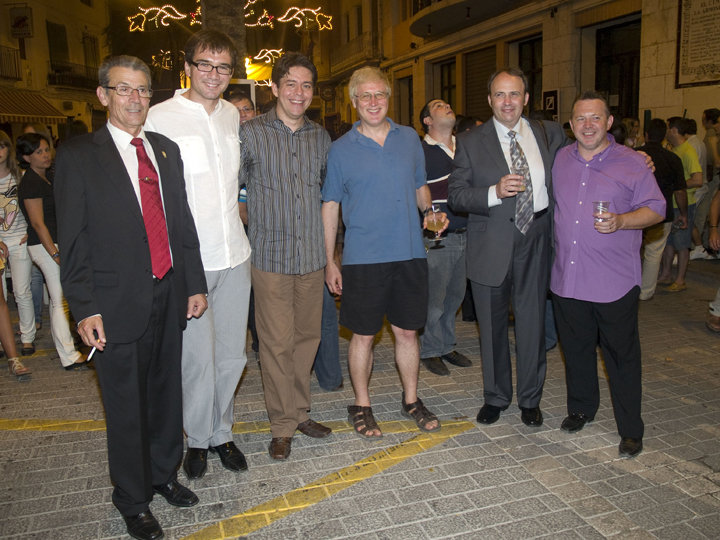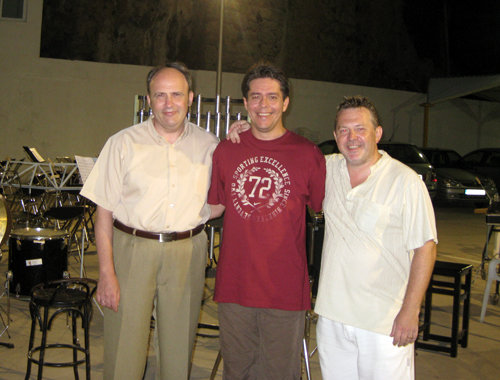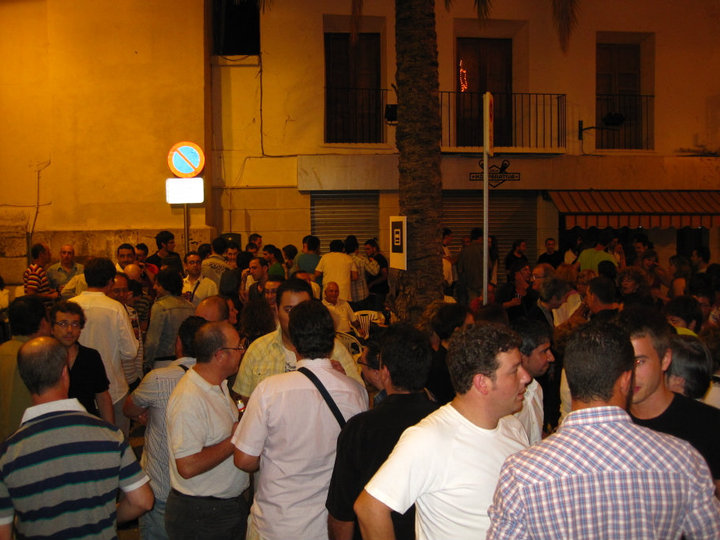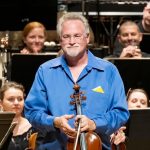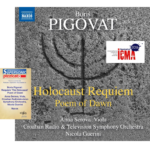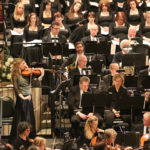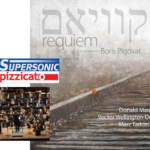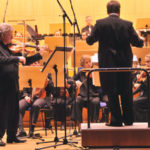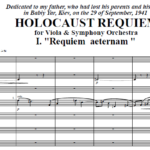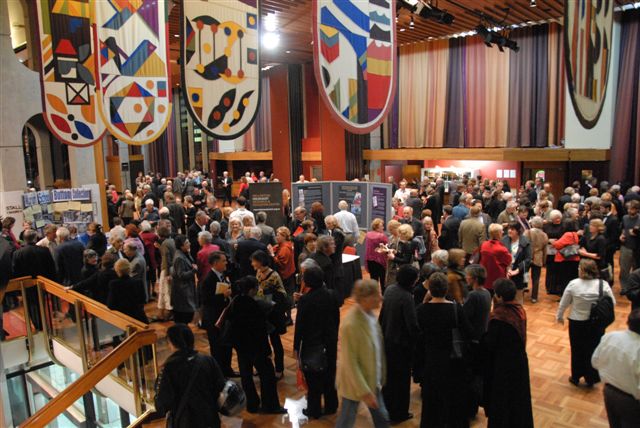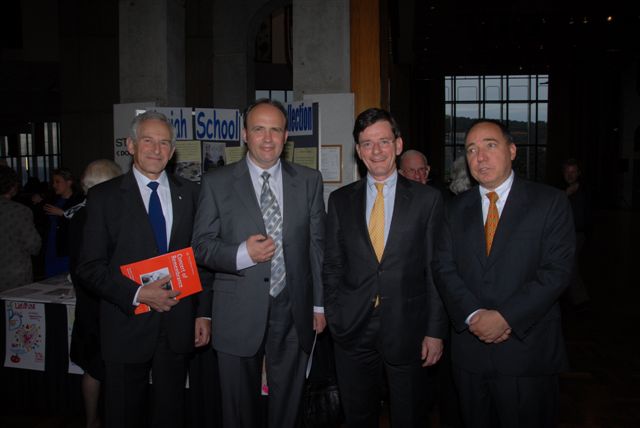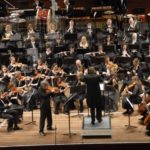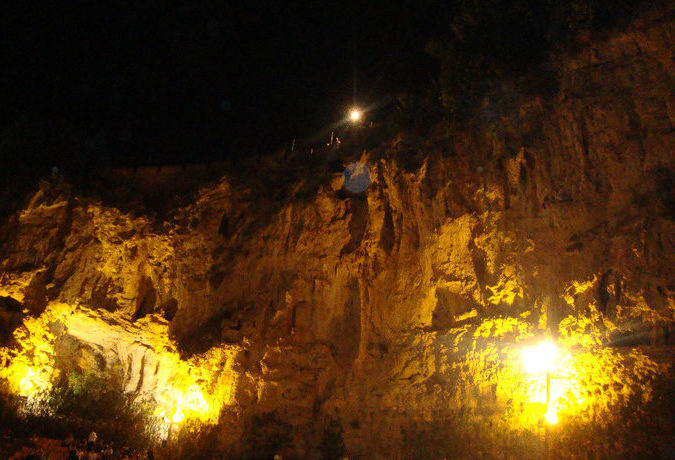
Tag: important performances

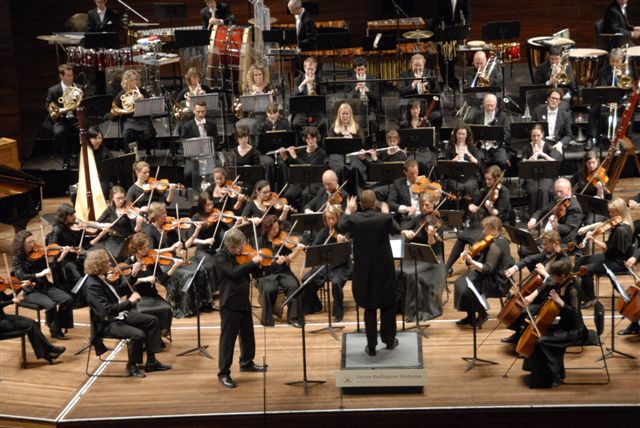
Nov, 2008: Concert of Remembrance of 70th Anniversary of Kristallnacht, Wellington, New Zealand
Holocaust Requiem was performed for it’s second time at the Concert of Remembrance for the 70th Anniversary of Kristallnacht.
The outstanding performance by violist Dr. Donald Maurice, Professor of Music at the New Zealand School of Music in Wellington, conductor Mark Taddei, and Vector Wellington Orchestra, was widely reviewed by local and international media.
Later, Donald Maurice remembered:
The performance was in 2008 but is indelibly etched into my memory. Many people were in tears. I myself said, ‘I must not cry!’” Commenting on the composition’s future and potential for effecting change, he observed, “It needs to be performed often as a reminder of the effects of war and the circumstances that precipitate one culture wanting to dominate or annihilate another.
A live recording of Requiem from the event was released by Atoll, in November 2010, with other pieces of mine.
Here is an audio recording of an interview given by Donald Maurice and Marc Taddei to Radio New Zealand (Nov 2008).
Below are some samples of that amazing performance and some photos from the event.
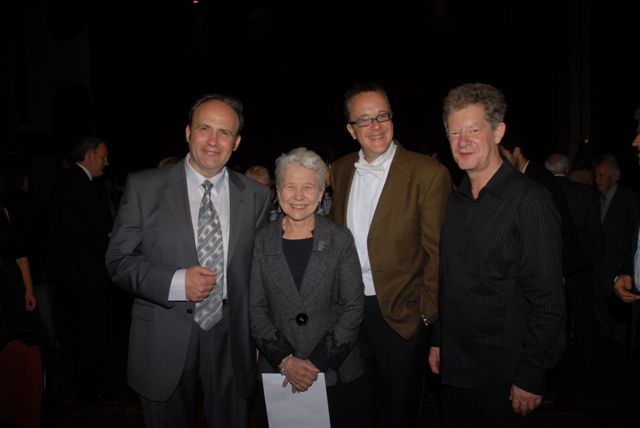
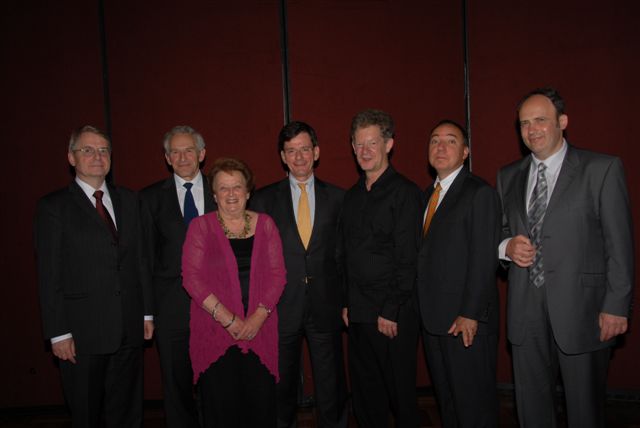
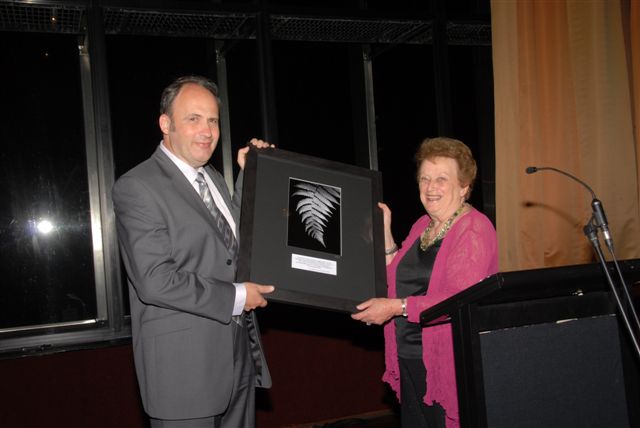
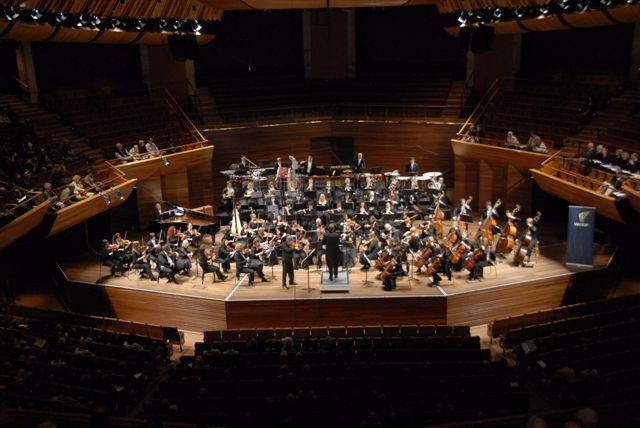

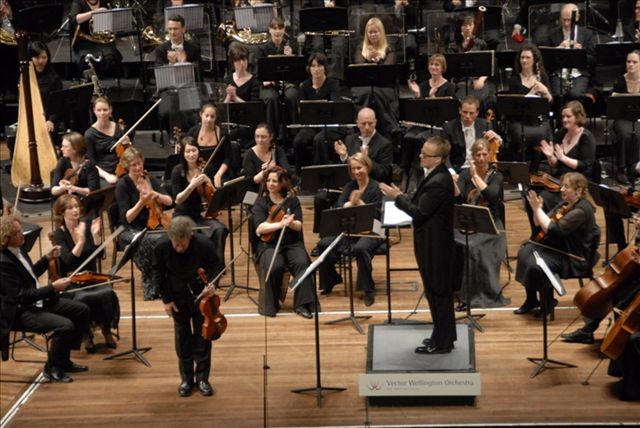
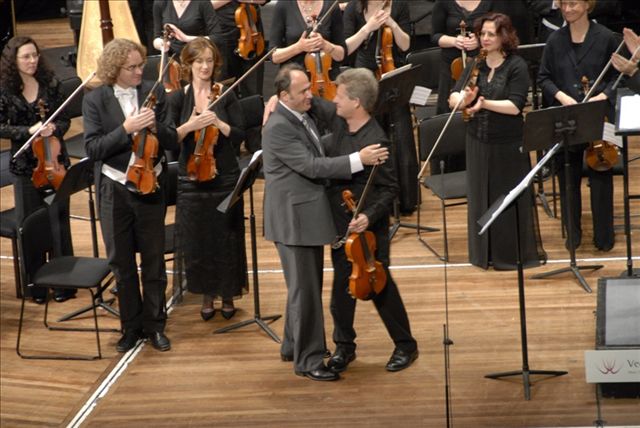
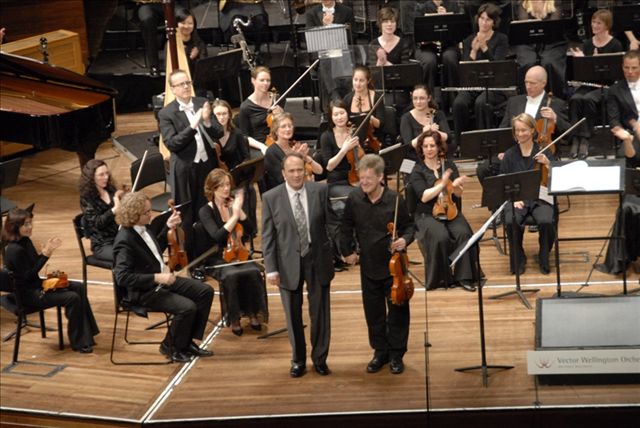
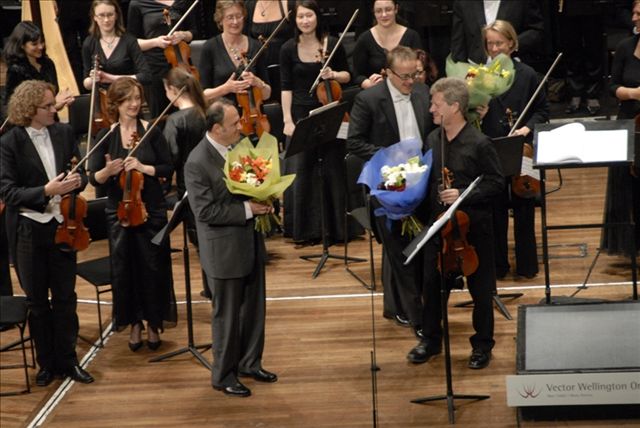
Requiem “The Holocaust” is not music for the faint of heart. The listener is drawn inexorably into the unfolding tragedy... Pigovat runs a stylistic gamut from tonal to expressionistic with hints of Berg and Shostakovich as he gradually unfolds his nightmare. Though instrumental throughout, there are times one can hear “Re—qui-em” among the many busy layers of musical texture.
The Music is harrowing and tense, and very Russian in sound. Echoes of contemporary composers such as Denisov, Kanchelli and Gubaidulina can be heard, as well as the inexorable thread of Shostakovich in the Dies Irae, but the voice of the composer remains highly individual. Balancing the violence, anger and tension is the conciliatory beauty of the Lux Eterna that rounds out a work of deeply felt power.
Using purely orchestral forces this 46-minute symphonic-concerto encompasses ear-splitting anguish, horror and confusion -- tolling tintinnabulations mark the outset of unspeakable atrocities while abject grief is heightened by sonorous lamentations of the solo viola; a role of unusually formidable demands.
Pigovat's music is evocative and distuibing in its depiction of the Holocaust. With styles reminiscent of other Russian composers, including the rich melancholy of Shostakovich the
compositional style is still distinctly Pigovat's own.
Intense and strongly assured it is a life-affirming piece that makes a telling statemen with subtlety.
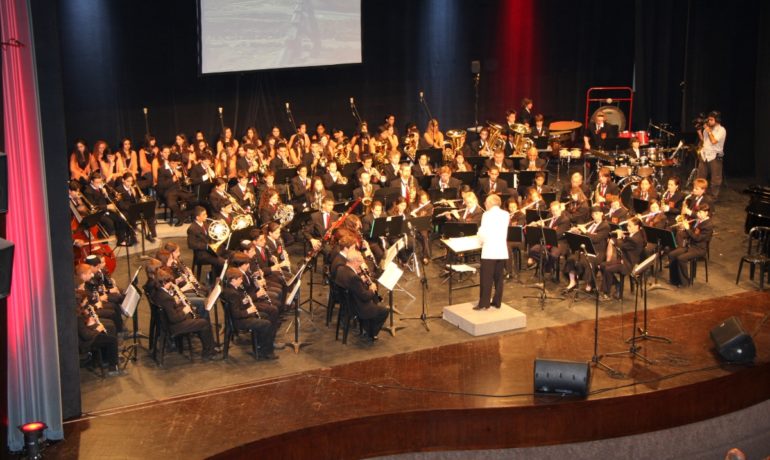
Massada (1997)
- Duration: ca. 14 minutes
- Picc, Fl, Ob, Bsn, P.Cl, 3 Cls, B.Cl, A.Sx, T.Sx, B.Sx, 4 Hns, 2 Cnts, 3 Tpts, 3 Tbns, Bar, 2 Tbas, Str. Bass, Timp, Perc (4).
In 1996 I met Michael Delman, the conductor of the Wind Orchestra of the Petah-Tikva Conservatoire (Israel).
Before meeting him for the first time, I had never written anything for wind orchestra, and I have viewed wind orchestration as limited to bands performing marches or any entertainment music, like songs, waltzes, polka, fantasy, and potpourri.
Mr. Delman opened a new world to me: the wind orchestra, with abilities and repertoire similar to the symphony orchestra. This type of orchestra is called a symphonic wind band or a wind symphony orchestra.
For more than 20 years, Michael Delman and I have collaborated. He and his orchestra premiered most of my compositions written for symphonic wind band. Mr. Delman himself conceived the theme of some of my wind band compositions, including Massada, Wind Of Yemen, Exile, and The Heroic Song.
Massada was the first piece that I composed for symphonic wind band. It was composed, and also performed for the first time, in 1997.
Massada (or Masada) is a fortress near the Dead Sea, whose defenders resisted the Romans for seven years and then committed suicide rather than being captured and enslaved by the Romans.
In 1999, Michael Delman and the Petah-Tikva Conservatoire Wind Orchestra performed the European premiere of Massada in the wind-orchestra competition in Zurich, Switzerland, where they won first prize in their category.
They also performed Massada in Festival Mid-Europe ’99 in Schladming, Austria.
Since then, Massada has been performed by various orchestras in Europe, the United States, and in South America, and several orchestras have recorded it.
The most important performances took place at:
- ISCM “World Music Days 2000” Festival (Luxembourg)
Grand Orchestre “Musique Royale des Guides” (from Belgium)
Conductor: Norbert Nozy - 2003 WASBE Conference (Jonkoping, Sweden)
The Symphonic Band of Kiskunfelegyhaza (from Hungary)
Conductor: Ferenc Jankovszki - 2006 CBDNA Conference (Nashville, USA)
Murray State University Wind Ensemble
Conductor: Dennis Johnson
Below are some recordings.
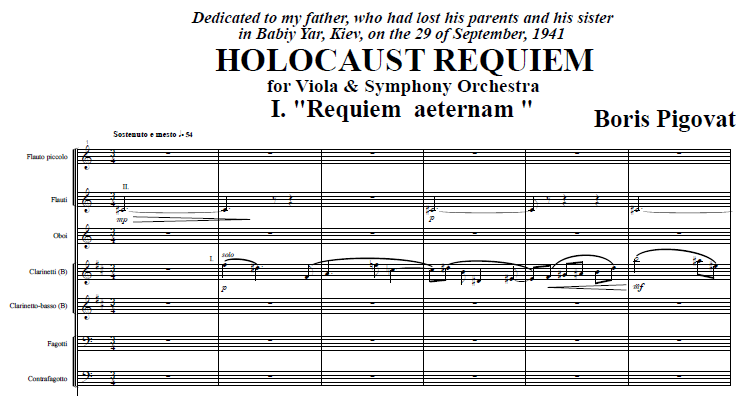
Oct, 2001: Memorial evening dedicated to the Babi Yar tragedy, Kiev, Ukraine
The Memorial evening dedicated to Babi Yar tragedy was the world premiere of Requiem. I was openly excited to have the premiere in that historic location, where the tragedy took place. My father’s family were murdered in Babi Yar by the Nazis in September of 1941, and I was feeling the suffering of this deep personal tragedy when I wrote Requiem.
The outstanding performance by violist Rainer Moog and the Symphony Orchestra of National Philarmonic Society of Ukraine, conducted by Roman Kofman, was the best premiere imaginable.
Later, in his interview to Ukrainian daily newspaper “The Day” from October 9 2001, Roman Kofman said:
I’m sure that the Holocaust Requeim has a great future. Boris Pigovat’s composition is very sophisticated, but isn’t flowery of the pretentious. It is simple but not primitive, it is frank and heartfelt, an outstanding work.
Below is a live recording of that outstanding premiere.
- Duration: ca. 46 minutes
- 3 Fls (Picc), 2 Obs, 3 Cls (B.Cl) 2 Bsns, C.Bn, 4 Hns, 3 Tpts, 3 Tbns, Tba, Timp, Perc (4), Cel, Pno, Hp, Vla solo, Str.
